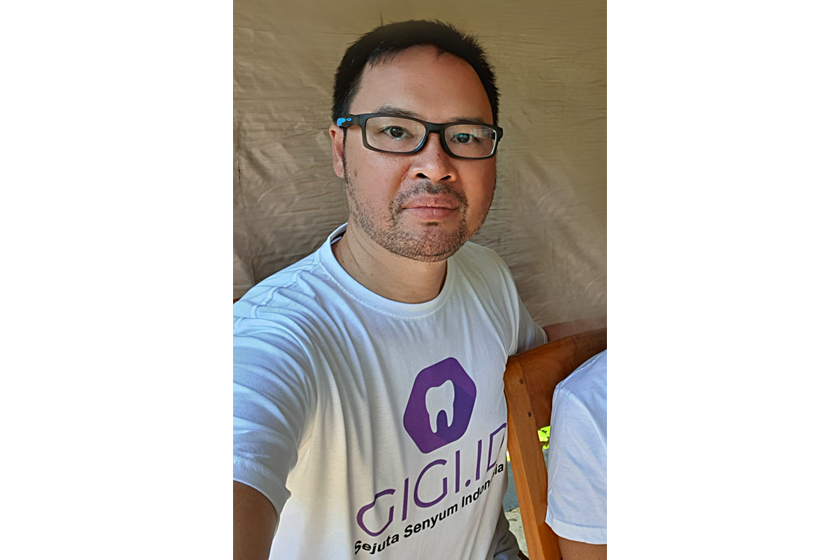
05 November 2024
Join Our Lecture on “How Is a Human-Rights Approach to Disability Applied in Higher Education?”
How can higher education use a human-rights approach to better support students with disabilities? J... Read More
The Australia Awards are prestigious, transformational scholarships and short courses offered to emerging leaders for study, research and professional development in Australia

14 Dec 2020
 GIGI.ID Sejuta Senyum Indonesia Timur - Teledentistry: Providing New Normal Access to Oral & Dental Health Services in East Indonesia
GIGI.ID Sejuta Senyum Indonesia Timur - Teledentistry: Providing New Normal Access to Oral & Dental Health Services in East Indonesia
Project leader: Mr. Ardi Putra Baramuli
Level of education and university: ??, ??
Collaborating Organisations:
Project Location: Nationwide
Activity Type: Community development activities
Sector: Health services, Public health, Health management
Project Rationale:
According to the World Health Organization (WHO), oral and dental (oral) health problems impact over 3.6 billion people in the world. Poor oral health causes millions of people to suffer from devastating pain and increases the out-of-pocket financial burden for society. Oral diseases can affect an individual’s effectiveness in school and work settings and can cause social and personal problems. Oral diseases disproportionally affect the poor and socially-disadvantaged members of society. There is a very strong and consistent association between socioeconomic status (income, occupation and educational level) and the prevalence and severity of oral diseases. The demand for oral health care is beyond the capacity of health care systems in most low- and middle-income countries.
In Indonesia, according to the latest National Basic Health Research (RISKESDAS 2018), more than 150 million Indonesians have oral health problems. Only 10% receive appropriate health services to address these oral health problems in Indonesia. This can be partially attributed to lack of supply in terms of accessibility to dental practitioners, as most are concentrated in Java, Sumatra and large cities. On the other hand, there are also demand side challenges. Members of the public have fear of pain, fear of expensive bills and fear due to poor availability of information.
WHO has identified key strategies for improving oral health, with a focus on poor and marginalised populations where access to oral health care is most limited. These include strengthening both cost-effective population-wide prevention and patient centered primary care, common risk factors reduction and oral health promotion.
Project Beneficiaries:
Direct beneficiaries total 1,170 beneficiaries including:
Priority Development Area:
Human development for a productive and healthy society
Link with Australian organisation: -
Share this article on:
 Related Project Profiles
Related Project ProfilesThis website uses cookies to improve your website experience. We may also use cookies to analyse website data so that we can improve our online services. To find out more visit our privacy policy.

